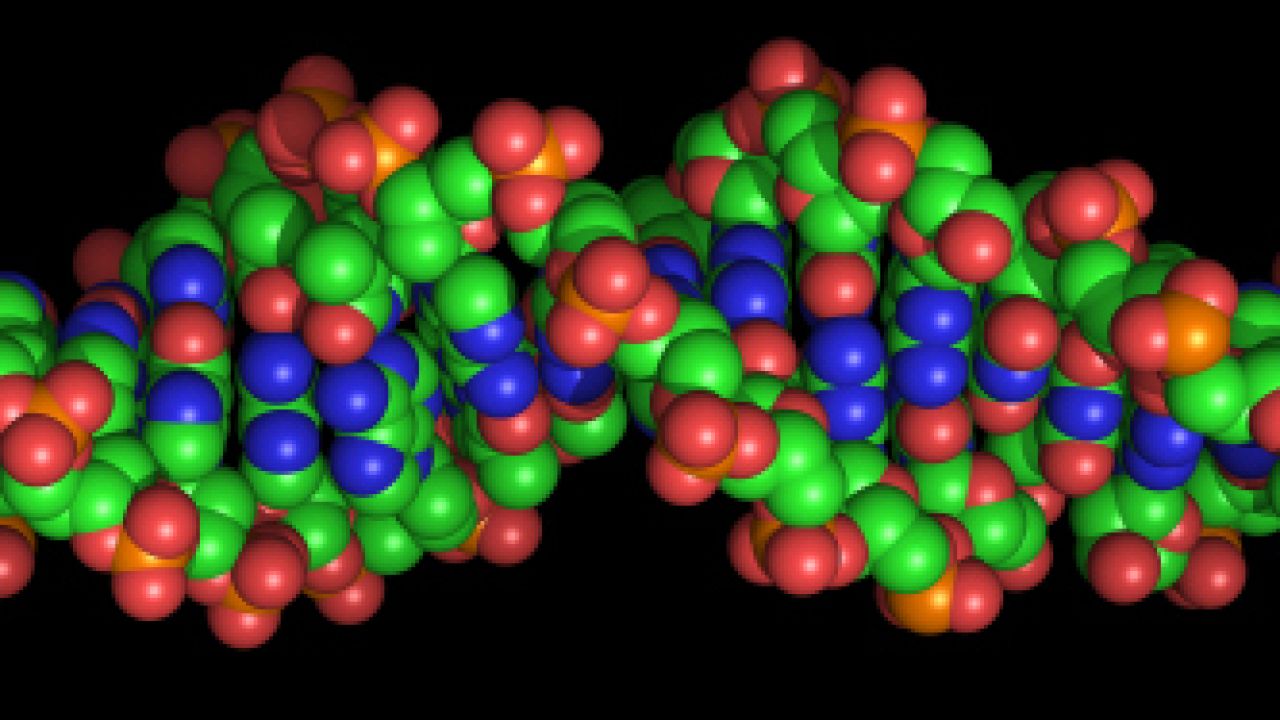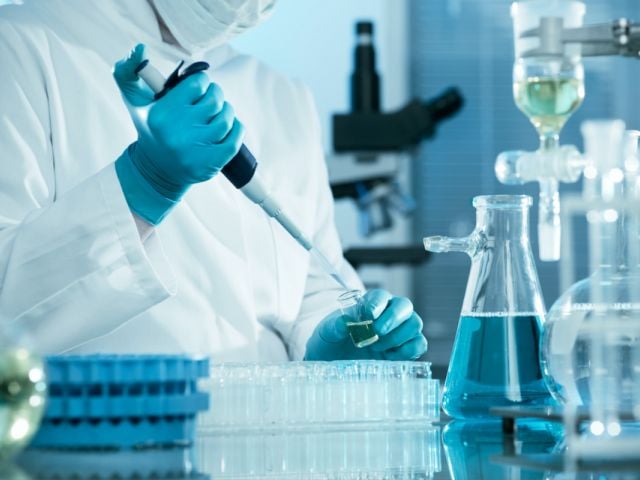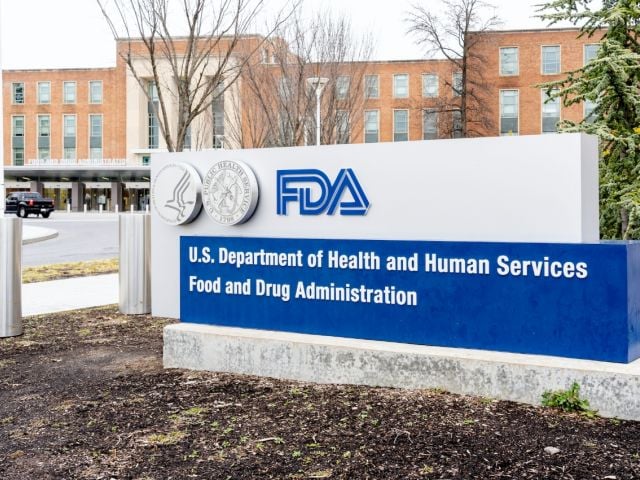
Well, do you?
Clint Eastwood/Harry Callahan's pithy question rings in my head, every time I read the chemical lobby's defense of bisphenol A(BPA), a high-volume industrial plastics chemical.
Many experiments have shown that BPA, a synthetic estrogen as well as a plastics hardener, disrupts the endocrine system and causes a growing list of chronic, often permanent disorders in lab animals.
To which industry routinely responds: 1) animals aren't people, and 2) in people, BPA is, as one industry spokesman put it, "efficiently metabolized and rapidly eliminated from the body."
Scientists who think BPA is as bad for people as for lab animals can't prove their cases by experimenting on people. Epidemiological studies of human populations can't isolate the impact of a single chemical like BPA. The human body burden, now comprising close to 500 chemicals, according to Environmental Working Group's biomonitoring tests, is an unintended consequence of the age of innovation after World War I. The period produce a rich array of "miracle" materials, symbolized by DuPont's iconic 1935 slogan, "Better Things for Better Living Through Chemistry," and Monsanto's streamlined plastic House of the Future in Disneyland's Tomorrowland, vintage 1957.
There is much yet to learn about how BPA affects the human body, acting singly and in combination with all those other chemicals that pollute people.
So -- back to Dirty Harry's question: Do we feel lucky?
I don't. Not about this stuff. I'm not willing to bet that BPA, which is in water bottles, drink bottles, cans, and also medical devices such as IV drips, is benign, washes harmlessly through the human body and leaves no mark, especially on infants in critical stages of development?
Every new, independent scientific study of this chemical reinforces my skepticism of industry's see-no-evil position:
- Yale researchers have recently found that when embryonic mice are exposed to BPA, the chemical strips hydrogen-carbon structural units, called methyl groups, from the gene responsible for fertility. As a result, as the mice grew to maturity, their uterine linings did not develop normally, rendering them unlikely to carry pregnancies to term. "We've discovered the exact mechanism by which BPA affects this gene," Yale scientist Hugh Taylor told me. The gene in question -- HOXA10 -- is the same in mice and people.
- Scientists at the National Institute for Environmental Health Sciences report in this month's Environmental Health Perspectives journal that mice exposed BPA in the womb developed "numerous abnormalities" in the form of both benign and cancerous lesions throughout their reproductive tissues. The researchers, led by veteran reproductive scientist Retha Newbold, wrote that "The BPA doses were low and within the range of human exposure...The findings...raise concerns about widespread exposure to BPA and, in particular, exposure to fetuses, infants, and children."
- Scientists at the University of Rochester and University of Missouri-Columbia, also in the current Environmental Health Perspectives, estimate that BPA does not clear out of the human body as quickly as had been thought.
I could be wrong. Hope I am, given the fact that an estimated 93 percent of us would test positive for BPA, according to the U.S. Centers for Disease Control and Prevention. Still, I've kicked most of that modern-living-plastic out of the kitchen and the kids' stuff.
How about you? Feel lucky about BPA? Do you think its dangers are still in the realm of the theoretical and untested? Or have you heard enough?
Share your thoughts here -- and join our new interactive forum on the nation's toxic chemicals policy.
You can also find my posts and add your own comments on Huffington Post.



